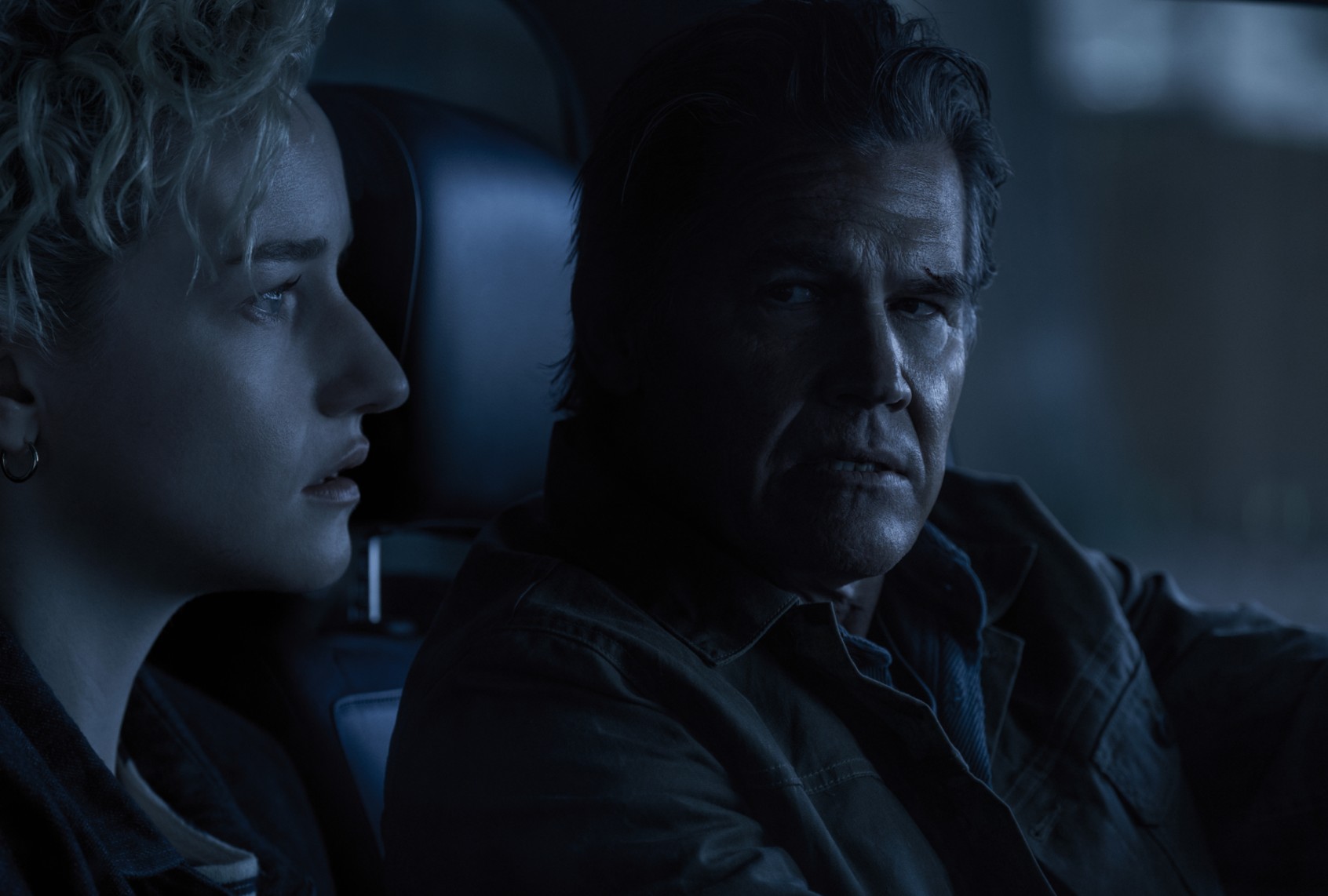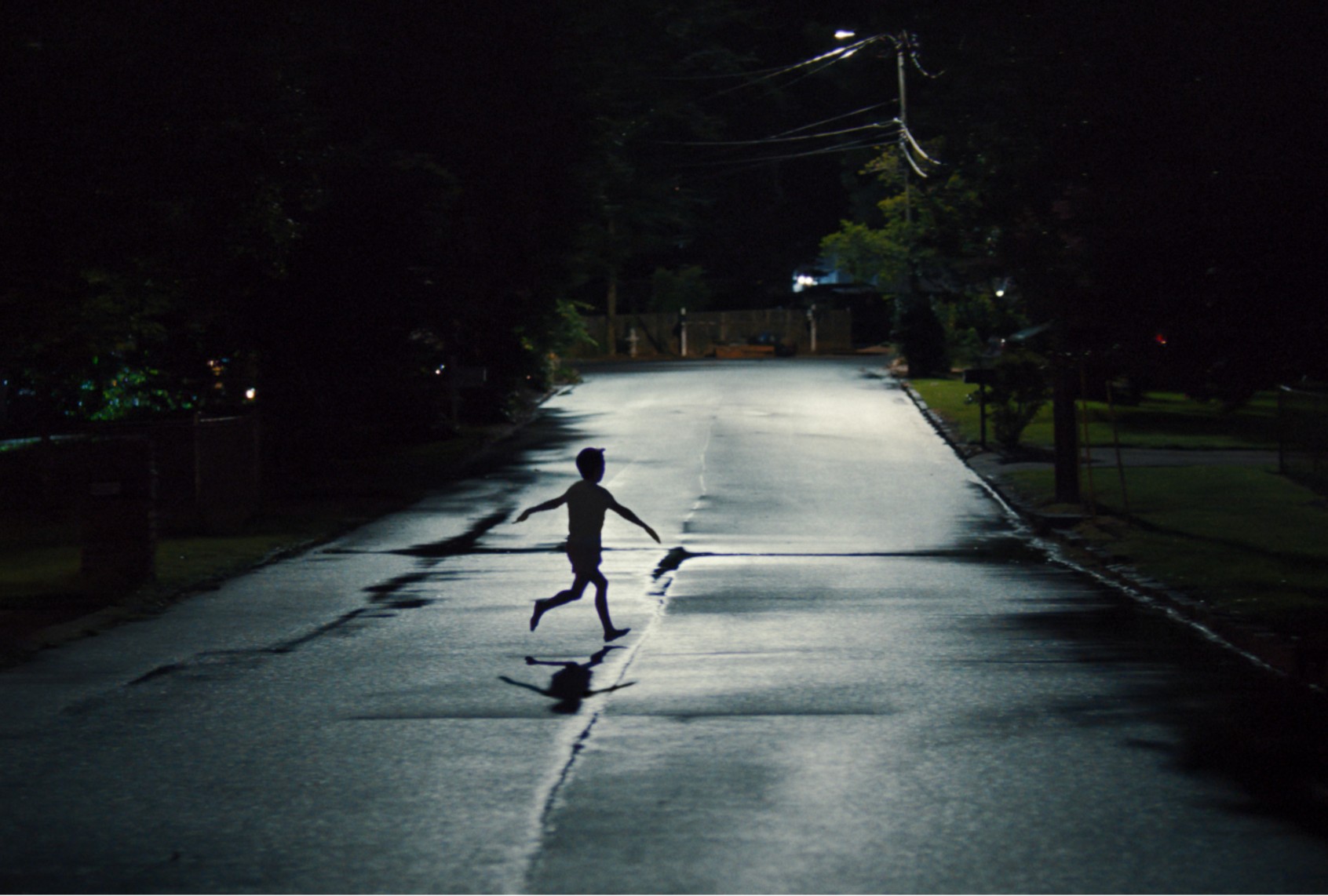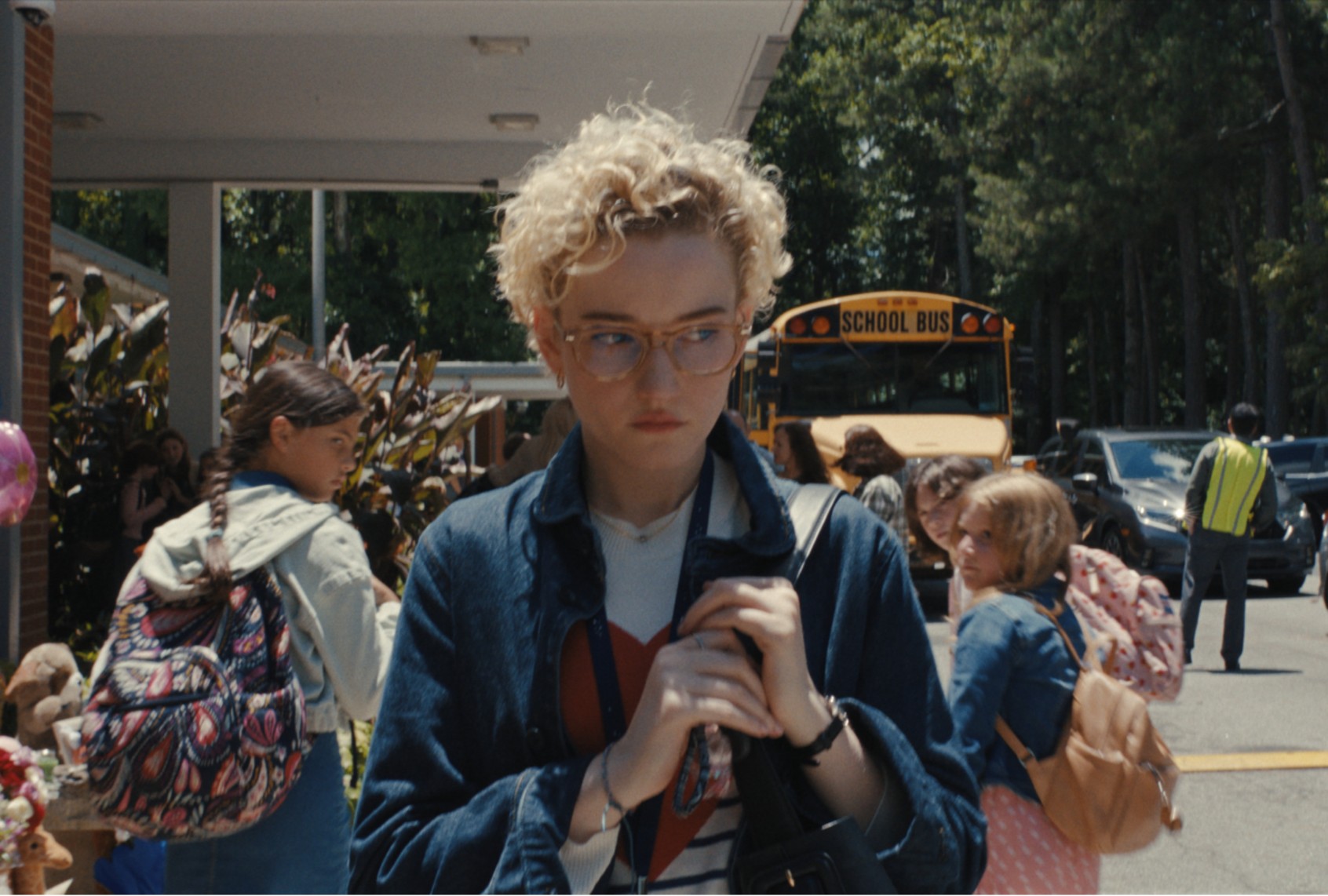My oldest niece starts elementary school this fall. When I talk to her about it, she’s excited. A new school means more friends, nice teachers and exciting experiences she’s never had before. (Also, recess.) Her nerves are slight, only stemming from the fact that everything is so different from what she already knows. And if I had it my way, that’s the only reason she’d ever be afraid to go to school.
When I talk to my older sister about her daughter being away from her all day, in someone else’s care and at the world’s whims, apprehension clouds the excitement she has for her kids. Every bit of enthusiasm over her child having a learning environment that will provide steady socialization with other kids and all the chances to imagine, play and grow is overshadowed by a giant asterisk at the end of every sentence. Fear sits like an elephant in the corner of the room as we speak. We’re talking about something that should be pleasant, but the conversations between us two adults rarely feel that way.
By refusing to commit to a disquieting atmosphere, Cregger dulls his provocation, making “Weapons” feel timid, even flippant, in the face of a genuine American crisis.
“Weapons,” writer-director Zach Cregger’s massively anticipated follow-up to his 2022 debut “Barbarian,” shares a similar dissonance, where what’s being said rarely lines up with what’s being felt. Cregger’s sophomore effort is a significant improvement over “Barbarian,” more ambitious and narratively consistent than the hodgepodge of half-clever ideas that comprised his first feature. But like that film, “Weapons” sees its best, boldest ideas mangled by Cregger’s worst instincts. The filmmaker, who got his start as a comedy writer, hasn’t yet figured out how to thread the needle to marry his penchant for giggles and grotesquerie. Cregger’s daring choice to write about thorny, underexplored topics like school shootings and childhood PTSD could be an auspicious entry in the horror genre, offering something more nuanced than your average trauma allegory. Played with a straight face, “Weapons” could ignite major, necessary conversations about the fear parents have of sending their children to school and the long-term ramifications of unfathomable violence. Instead, Cregger’s exasperating stabs at humor poke holes in the ubiquitous dread at the core of his story, letting all the air back into the room. Sitting in discomfort might not be the most pleasant experience, but unease forces audiences to engage with not just the material onscreen, but their feelings about it. By refusing to commit to a disquieting atmosphere, Cregger dulls his provocation, making “Weapons” feel timid, even flippant, in the face of a genuine American crisis.
Despite the film’s marketing cleverly hiding almost every major plot detail from viewers ahead of time, “Weapons” hasn’t shied from its thematic center. Then again, it would be knuckleheaded to think that a film called “Weapons,” about 17 children from the same elementary school class who disappear in the middle of the night, isn’t somehow about gun violence. But though the epidemic looms large over “Weapons” — sometimes even literally (more on that in a moment) — Cregger’s grab bag of ideas pulls focus long enough to keep the viewer guessing, even with answers painted red in plain sight. Told in an interwoven, “Rashomon”-meets-“Magnolia” narrative style, the film initially tracks schoolteacher Justine Gandy (Julia Garner), who taught all of the missing children. In the weeks following the event, the town is turned upside down, vibrating with grief and fear as all eyes slowly turn toward Justine.
Known to occasionally overstep with her kids by offering hugs or driving a child who missed the bus home, Justine swears she knows as little about the disappearance as everyone else in town. But in times of intense paranoia, everyone’s looking for someone to blame, and to Archer Graff (Josh Brolin), the father of one of the 17 missing children, Justine looks like the perfect patsy. Though the witch hunt never reaches the level of Arthur Miller, Cregger establishes a steady foundation on which he can build suspicion, stacking his interlinked narrative vignettes high into the sky. But as the heap grows taller and each character’s perspective bleeds into the others, “Weapons” becomes rickety, overreliant on conventions like unnecessary, predictable jump scares and plodding dream sequences to hold it up. During one of Archer’s dreams, Cregger bafflingly reduces his film’s brazen central allegory to a slim parable as Arthur follows his son out of the house in the middle of the night, turns around, and sees the image of a massive assault rifle floating above their home. The sight of the gun so plainly relays Cregger’s metaphor that it feels more like a glaring sign of insecurity than a clue. Surely, the viewer can put two and two together on their own to decipher a deeper meaning within the text without the message being spoon-fed to them.

(Warner Bros. Pictures/Quantrell Colbert) Julia Garner and Josh Brolin in “Weapons”
But this dream sequence also reveals Cregger’s fundamental lack of trust in his audience. The mystery can never linger too long without a wildly conspicuous hint at what’s really happening, or a bit of sudden shock comedy to diffuse the suspense. Like “Barbarian” before it — and even January’s “Companion,” which Cregger co-produced — “Weapons” regularly undercuts its most compelling pockets of tension with humor that ranges from chuckleworthy to repetitive. While comedy absolutely has its place in horror, Cregger’s jokes function as a distraction rather than an addition. The humor provides an anxious viewer with an emotional outlet to breathe a sigh of relief, instead of asking them to consider what it is, deep down, that’s making them so afraid.
With the influx of middling horror comedies in the last few years, a straight line could be drawn between a film like “Weapons” and the rampant laughter that occurs in the audience at repertory screenings of intentionally uncomfortable films, made by directors who didn’t care to give the audience reprieve. Shock can be great even when done for shock’s sake, but when it’s clumsily smashed against an otherwise serious story, both elements are weakened by the awkward, inelegant force at which they collide. Audiences are rapidly losing the ability to process earnest weirdness and abject discomfort with a straight face because so much contemporary horror tries to play both sides to capture as many viewers as possible. But this constant tonal waffling results in an audience that sees something strange and laughs because they’ve been trained by filmmakers to think that, when something is uncomfortable, laughter is the appropriate response. It’s perfectly OK to make viewers scared; it’s a scary world, and facing that root of our fear head-on is far more effective for combating life’s harsh realities than playing them off with a joke. It’s also riskier. How ironic, then, that when Cregger takes some big, dramatic swings in the final act, “Weapons” briefly comes alive.

(Warner Bros. Pictures) “Weapons”
Cregger’s film could easily be one of the most provocative films of the year if it were to drop a few punchlines and bits. Instead, the tonal inconsistency treats a severe, prickly topic like childhood PTSD with a humor it doesn’t warrant, making a film that very clearly wants to discuss something of critical importance seem bewilderingly indifferent to its own message.
Without giving too much away, “Weapons” does eventually solve its big mystery. But just like in life, there are no easy answers here. As it turns out, the disappearance of the children in Justine’s class has something to do with the strange, almost clownish figure, Gladys (a show-stealing Amy Madigan), that has been appearing in Justine and Archer’s dreams, and seen in flashes around town. A half-blind raccoon could surmise Gladys’ origins if it were paying attention to the first two-thirds of the film. But Cregger makes great fun of the reveal nonetheless, and Madigan is more than up for making her character into one of the most deliciously draggy and delightful horror villains in recent memory.
What Gladys has done to these children isn’t tough to figure out, but what’s more opaque are her intentions. I’ve wrestled with the notion that mulling Gladys over so much gives Cregger more credit than he deserves here, but she is a fantastic character, and he’s not an untalented filmmaker, just one who has a lot of ideas — not all of them as good as the last one. In the film’s final vignette, the viewer comes to understand that Gladys has no true motive. If anything, she wants power, but even that isn’t what drives her. She’s a representation of all of the world’s random evils, coming and going at will and popping up just when you’ve let your mind wander from the worst possible outcome. In Gladys, Cregger makes an admirable effort to close the loop on his metaphor, exploring the trauma children incur at the hands of those who want nothing more than to play God. No matter how hard one tries to protect their child, there are forces in this world that will always be outside of a parent’s control. That’s what’s so truly chilling about “Weapons,” and why it’s vexing that Cregger can’t quite stick the landing.
Start your day with essential news from Salon.
Sign up for our free morning newsletter, Crash Course.
The finale is ghastly, grisly and even humorous when Madigan gets the chance to play up her character’s eccentricities to their most campy heights. But the final scenes lose their edge-of-the-seat thrill when Cregger once again intervenes with jokes in the middle of the action that last too long and distract from the third act’s emotional catharsis. “Weapons” lacks the courage to hold the audience to the fire long enough to burn, reeling them back they even start to sweat. For what it’s worth, the film boasts a wallop of a final line, which hits at the sickening reality of what it’s like to be both a child and a parent in America today. But without a stronger commitment to imparting the gravity of that message throughout the movie, the film’s emotional impact is never fully earned.
“Weapons” comes aggravatingly close to asking its audience why this is the norm right now, why children must be traumatized by even the knowledge that their lives could be in danger every day they sit in a classroom. But rather than letting the viewer sit with that sobering question to mull over its importance and feel the horror of that reality deep in their bones, the magnitude is frequently blunted by bumbling, ineffective humor. Striking an amiable balance between comedy and a horror metaphor for something as controversial and horrific as school shootings would be a challenge for any filmmaker, but Cregger’s film could easily be one of the most provocative films of the year if it were to drop a few punchlines and bits. The resulting inconsistency treats a severe, prickly topic like childhood PTSD with a humor it doesn’t warrant, making a film that very clearly wants to discuss something of critical importance seem bewilderingly indifferent to its own message. Apathy in the face of violence against the innocent is just as terrifying as the threat of the violence itself, so perhaps that’s why “Weapons” never becomes properly terrifying in either respect: It’s not apathetic, it’s just self-obsessed.

